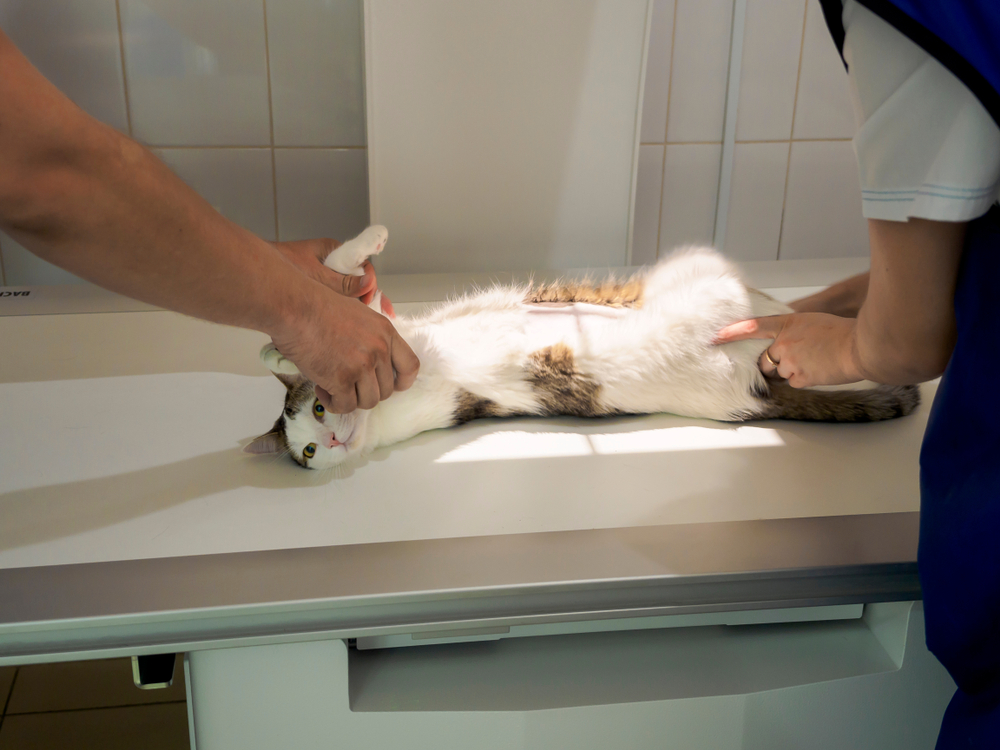
The Role of Advanced Imaging in Diagnosing Pet Health Issues
When it comes to diagnosing health issues in our pets, veterinarians rely on a variety of tools to ensure a thorough and accurate assessment. Among the most valuable tools available today is advanced imaging technology, which has revolutionized veterinary diagnostics. At Highland Veterinary Clinic, we utilize state-of-the-art imaging techniques to help us provide your pets with the best care possible.
Types of Advanced Imaging
There are several types of imaging technologies that veterinarians use to diagnose and monitor pet health issues. Each method has unique strengths, depending on the type of condition being evaluated. The most common forms of advanced imaging in veterinary care include:
1. X-rays (Radiographs)
X-rays are a staple in veterinary diagnostics. They are non-invasive and allow veterinarians to view the bones, joints, and some soft tissues, making them ideal for diagnosing fractures, arthritis, and foreign objects. X-rays can also detect issues like bladder stones or tumors.
2. Ultrasound
Ultrasound technology uses sound waves to create real-time images of your pet's internal organs. It’s especially useful for examining soft tissues like the heart, liver, kidneys, and bladder. Ultrasound can help diagnose conditions such as organ abnormalities, pregnancy, or fluid buildup in the chest or abdomen.
3. Computed Tomography (CT Scan)
A CT scan provides highly detailed cross-sectional images of the body, similar to taking multiple X-rays from different angles. This technology is often used to assess complex fractures, nasal diseases, or tumors that cannot be fully evaluated with standard X-rays. It is particularly useful in diagnosing problems within the head, chest, or spine.
4. Magnetic Resonance Imaging (MRI)
MRI is one of the most advanced imaging techniques available, offering incredibly detailed images of soft tissues. It is the go-to option for diagnosing neurological issues, such as brain and spinal cord disorders. MRI is also helpful in detecting ligament injuries and certain types of cancer.
Benefits of Advanced Imaging in Veterinary Care
Advanced imaging enables veterinarians to see the internal structures of your pet’s body with exceptional clarity. This high level of detail allows for more accurate diagnoses, leading to better treatment plans and outcomes.
Most imaging techniques are non-invasive and don’t require surgery, which means your pet can be evaluated with minimal discomfort. In many cases, sedation may be used to keep your pet calm, but the procedures themselves are generally painless.
Advanced imaging can detect diseases and health conditions early, often before your pet shows any outward symptoms. Early detection is key to managing conditions such as cancer, heart disease, or internal injuries, and can significantly improve your pet’s chances of recovery.
Imaging results provide veterinarians with precise information about the extent and location of health problems. This allows for more targeted treatment plans, whether your pet requires surgery, medication, or other therapies.
When Is Advanced Imaging Needed?
While routine exams and basic tests are effective in diagnosing many health issues, advanced imaging is essential when your pet presents with more complex conditions. Here are a few scenarios when advanced imaging might be recommended:
• Neurological Issues: If your pet is showing signs of seizures, paralysis, or sudden changes in behavior, an MRI may be required to evaluate the brain or spinal cord.
• Persistent Lameness: When X-rays or physical exams don’t provide enough information about joint pain or lameness, a CT scan or MRI can help detect ligament tears or subtle fractures.
• Unexplained Weight Loss or Lethargy: If your pet is losing weight or seems unusually tired, advanced imaging like ultrasound or X-rays can be used to check for internal masses, organ disease, or fluid accumulation.
• Injury or Trauma: After an accident or injury, advanced imaging can help determine the full extent of internal damage, ensuring that any hidden issues are not overlooked.
Get Started with Highland Veterinary Clinic Today
Advanced imaging plays a crucial role in diagnosing pet health issues and guiding treatment decisions. At Highland Veterinary Clinic, we are committed to utilizing the latest imaging technologies to ensure your pet receives the highest standard of care.
If your pet is experiencing health issues or if you’d like more information about our diagnostic services, schedule a consultation with Highland Veterinary Clinic. Visit our office in Evansville, Indiana, or call (812) 710-4300 to book an appointment today.






